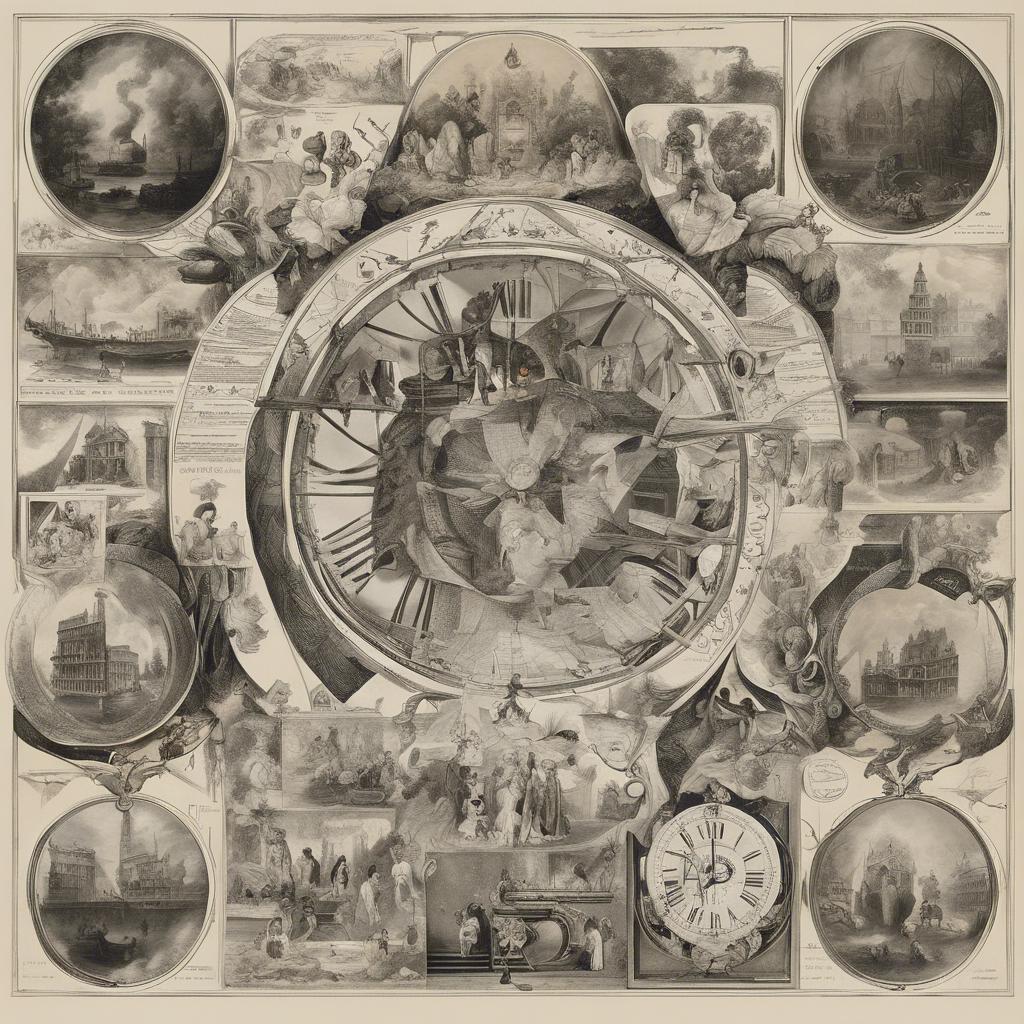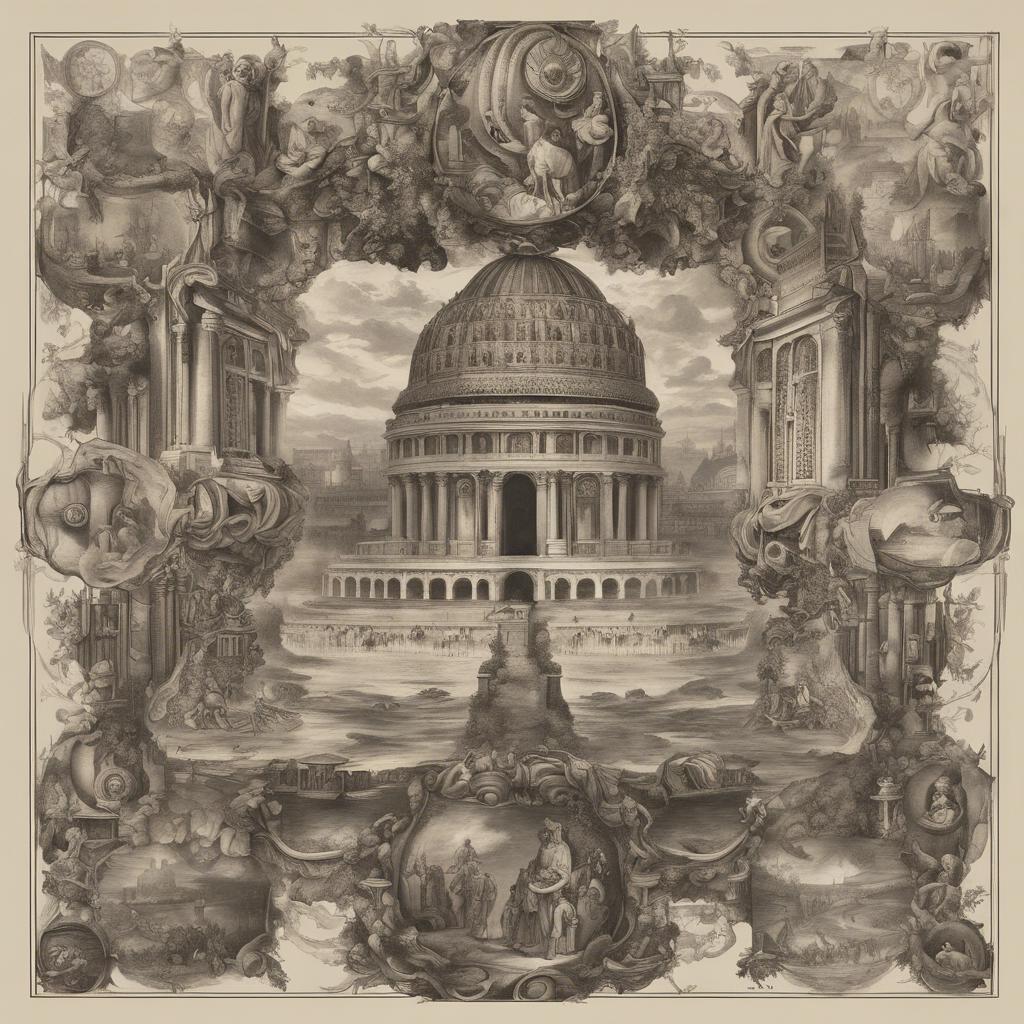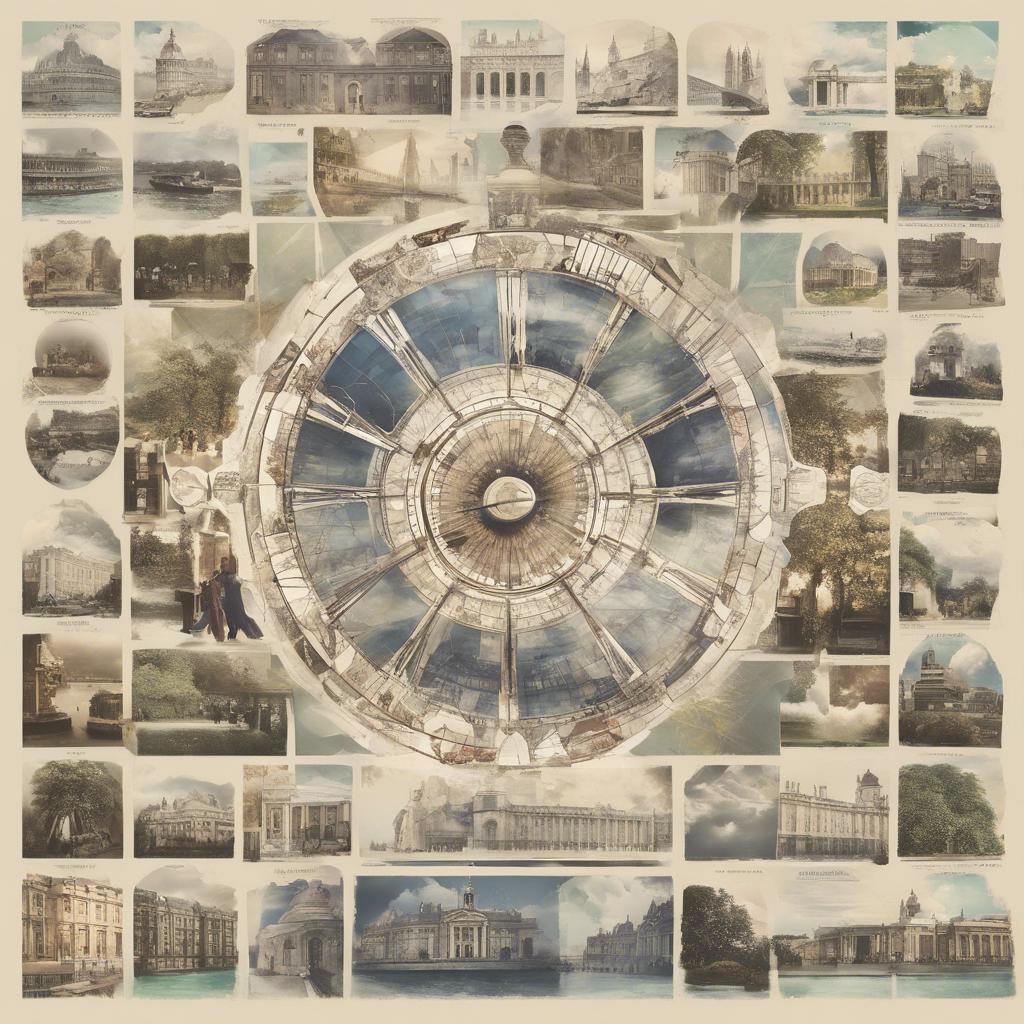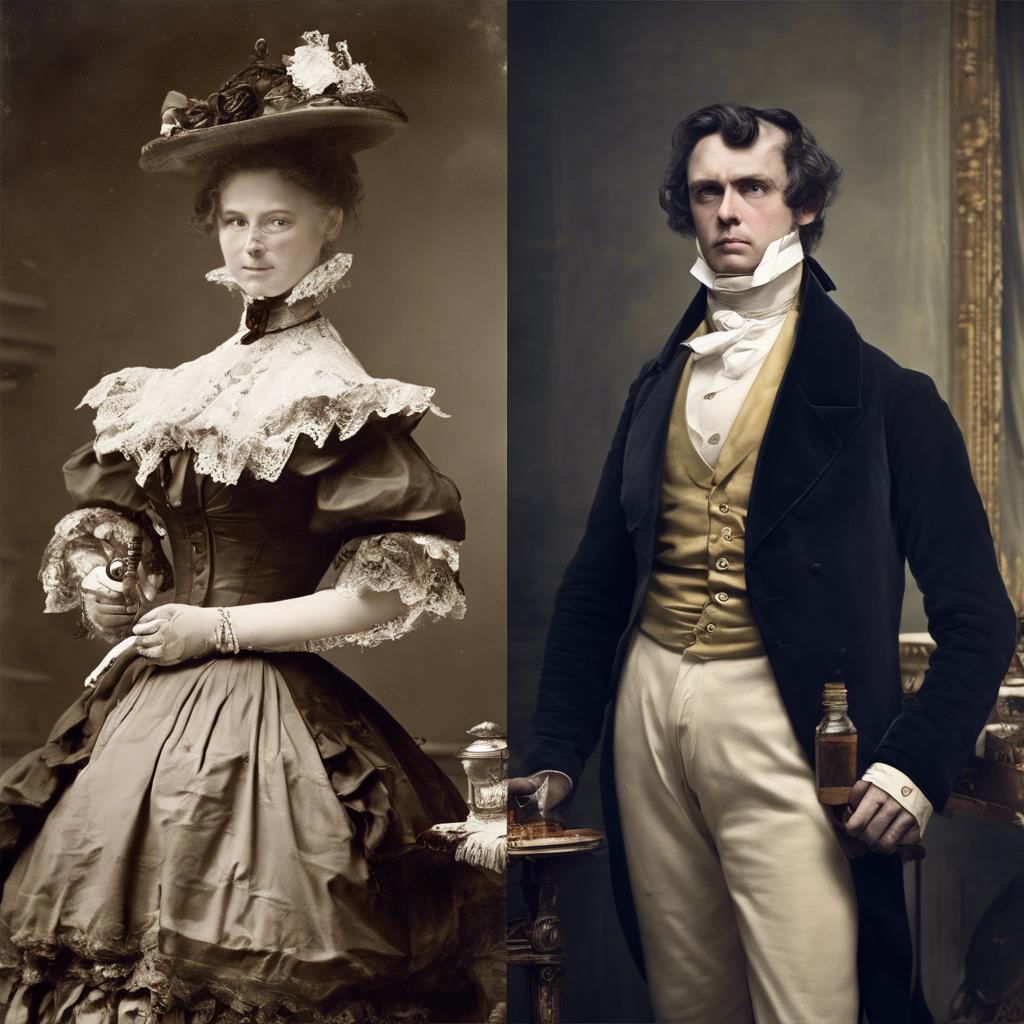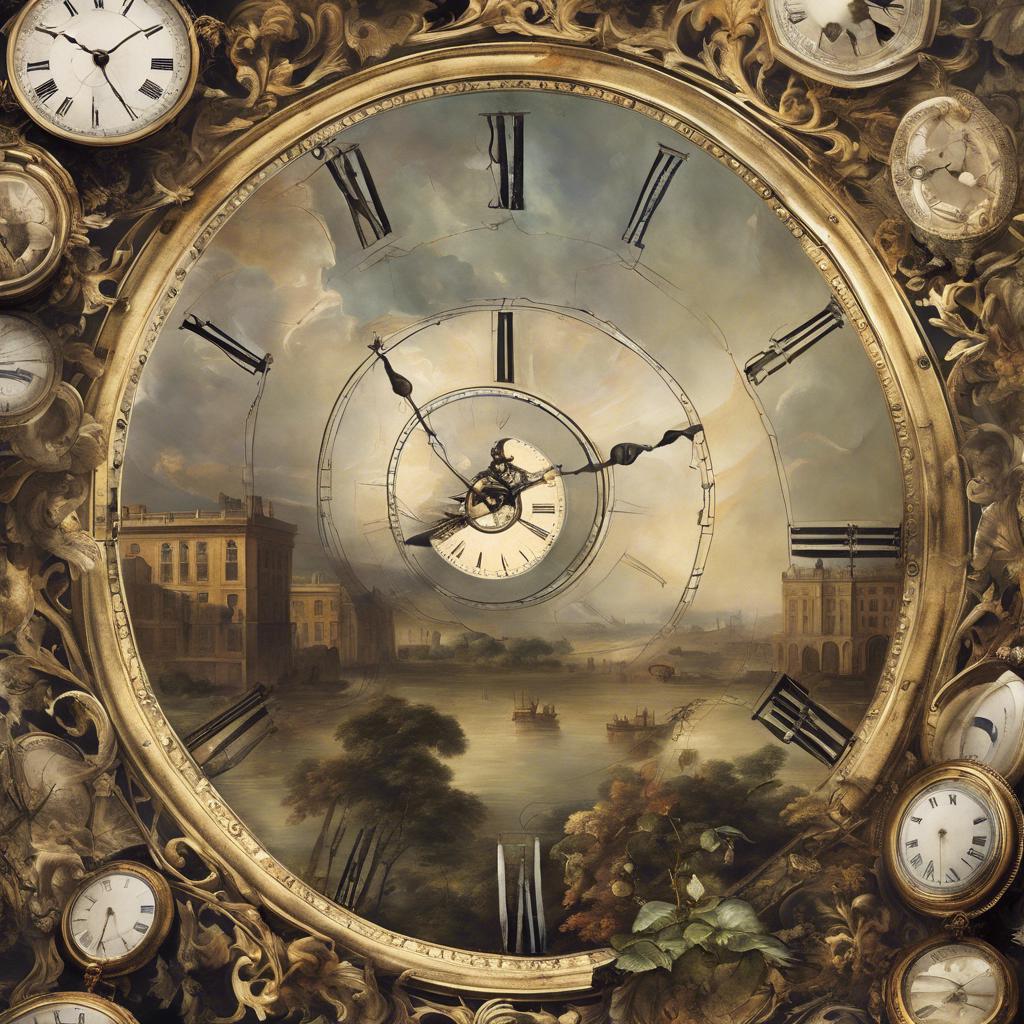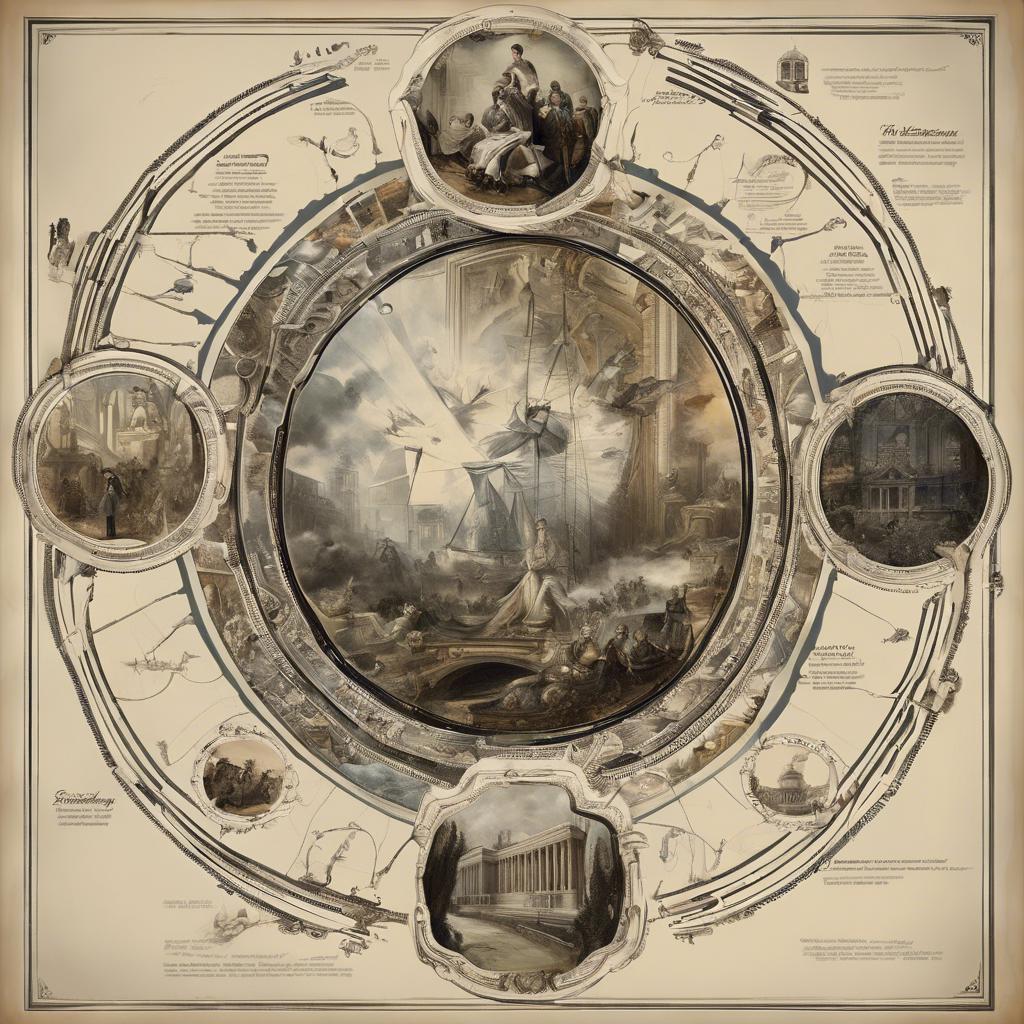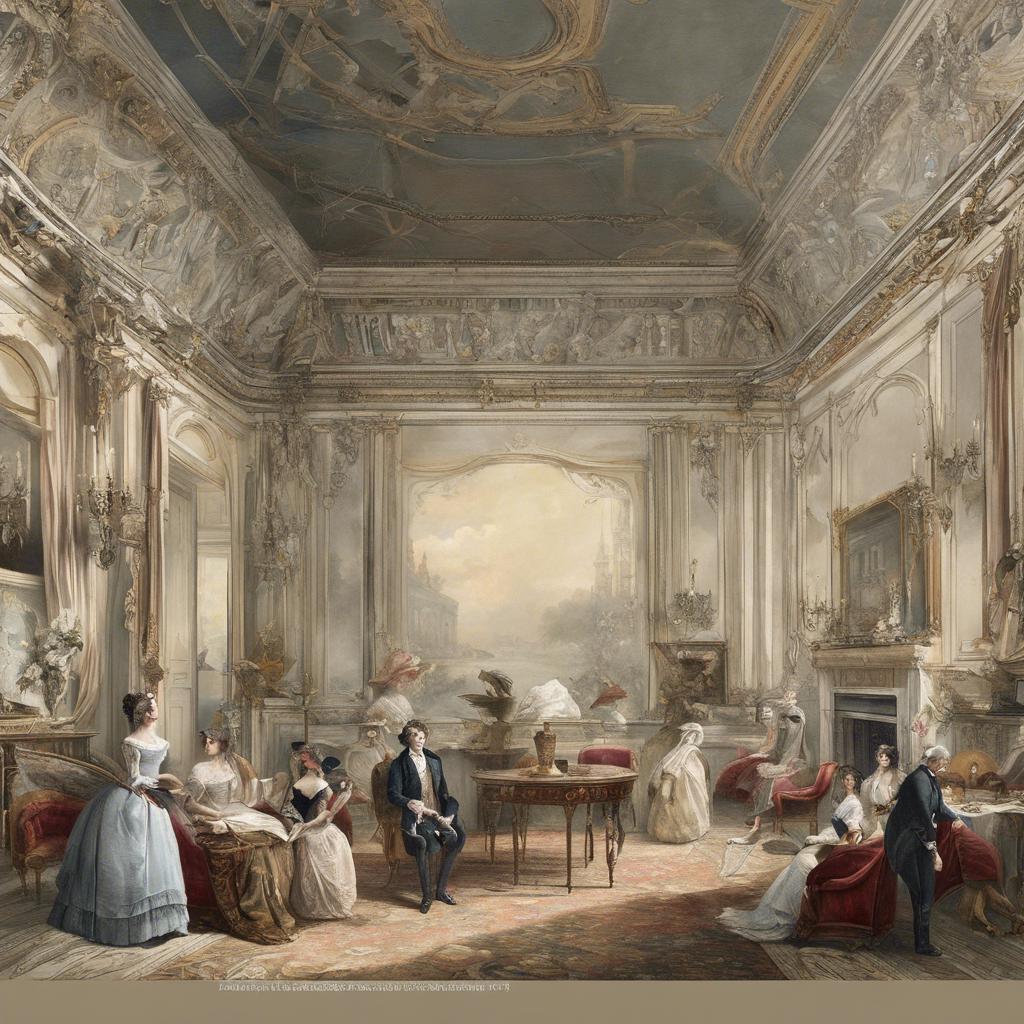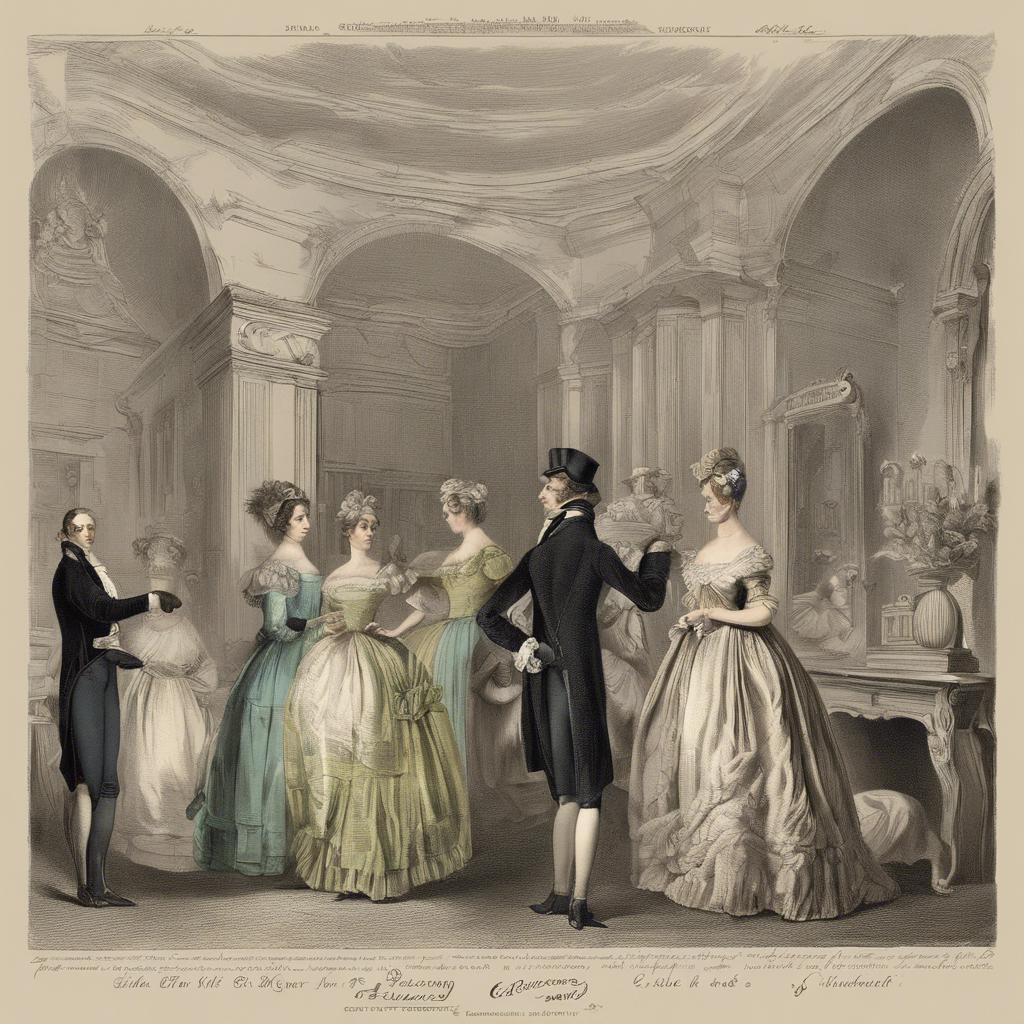Posted inRegency era
regency era period
The Regency era, lasting from 1811 to 1820, is a defining period in British history marked by the rule of Prince Regent George IV. Known for its elegance, romance, and political intrigue, the Regency era continues to influence literature, fashion, and cultural norms to this day.
